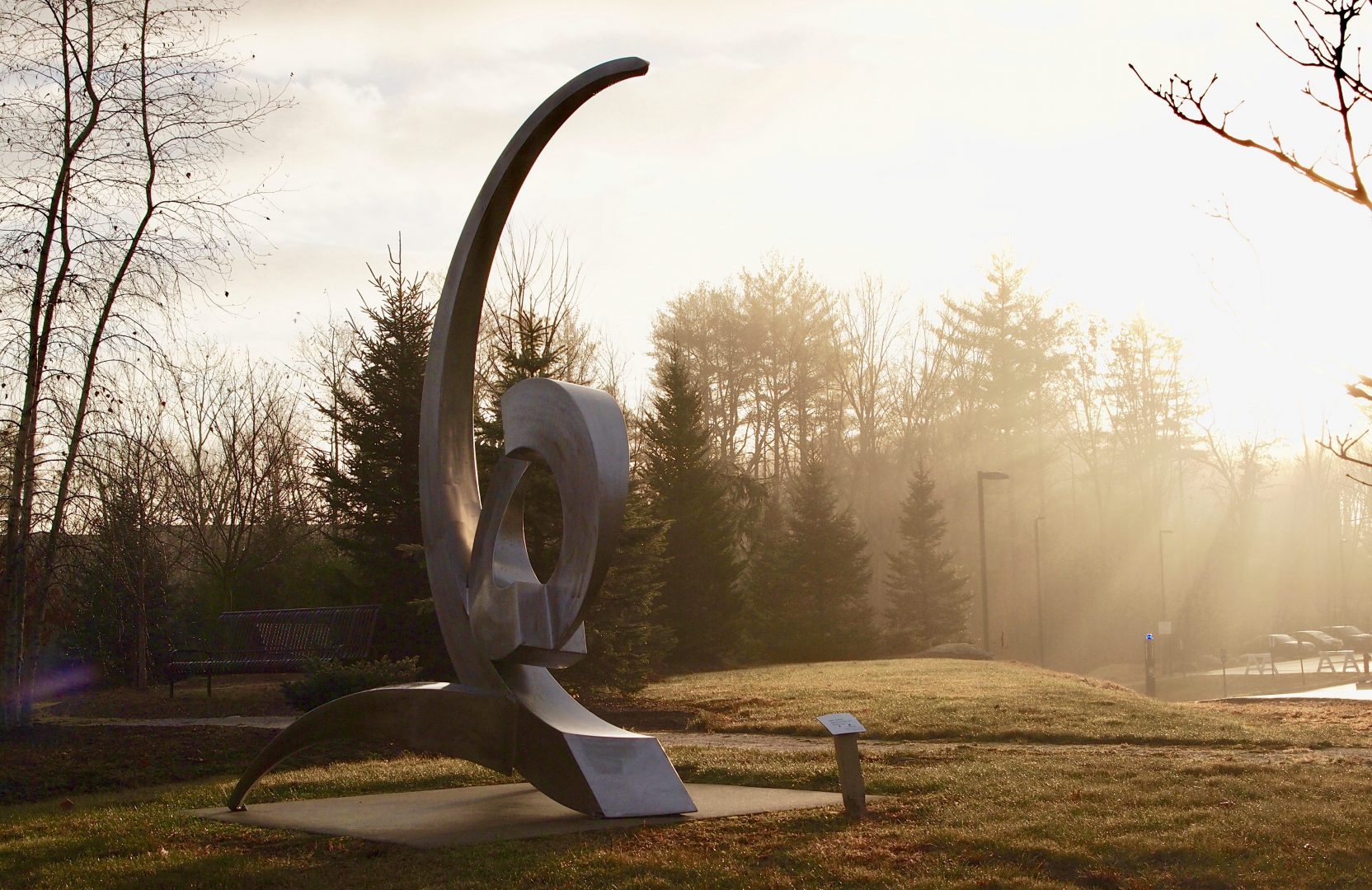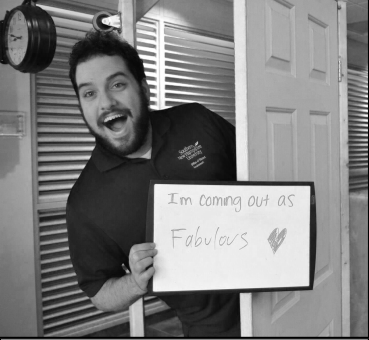We are living in the era where anxiety is the top presenting concern among college students over depression. We have been living in this climate for three to four years now, since the Association for University and College Counseling Center Directors found that 41.6 percent of college students experienced some form of anxiety (2013), followed by a Penn State study which also found that anxiety had surpassed depression as the leading mental health issue facing college students (S2014).
While consistently we have addressed that anxiety affects a large portion of our students, oftentimes this falls short in intentional, consistent attention. SNHU is lucky in that it has a significant number of offices and organizations that have the time and resources to bring coping and prevention methods to the student population throughout the year. As students, we are given tools during some of the most stressful times of the semester, when these can hopefully be the most beneficial.
As student leaders, however, there seems to be a gap in our education and attention, and this is in regard to our roles as student leaders. Running and maintaining clubs, organizations and communities may feel like an extension of self most of the time. It is assumed that these things come naturally and that when they don’t, we can figure it out. Because of course we do.
What this fails to recognize is that leadership has a (steep) learning curve. So much of what it means to be undergraduate student leaders is learning on the job. Learning the ropes to the organization is one thing; what leadership in this form really necessitates is learning the ropes to oneself.
Student leadership often means feeling like a thousand eyes are on you at all times, both from within your organization and from outside. Student leadership often means never knowing if you are doing enough, if you are leaving enough behind, if you are being the best you that your team needs.
We often joke on our staff that every club or organization needs its own counselor. That everyone should have someone to talk to, especially if their responsibilities are not only themselves. Spearheading a club, an office, an affinity group, a residence hall… all of these roles transcend what is taught in class and what can be shoved into whatever training that position is afforded. Very quickly, it is no longer about the club, about that day-to-day. It is about the weight that you feel on your shoulders every minute between waking up and going to bed. It is feeling like you can’t sit still through class because you should be answering emails, writing a constitution, planning next meeting’s agenda or actually learning how to us 25Live. It is holding together your ship with bubblegum and duct tape. At times, it is too much.
Student leadership, in any form that it may take, can take up all of your life and your identity. Though we talk about it as often as we can within our organization, we don’t even fully have an answer for how to make it easier. Maybe there isn’t one. Maybe the answer is just recognizing that these students still struggle and can still fall through the cracks just because it is assumed that we won’t. Maybe it’s having these conversations with your own e-boards, advisors. Maybe it’s remembering that you don’t have to do it all. Maybe it’s remembering that we won’t always be right. And that’s okay too.




